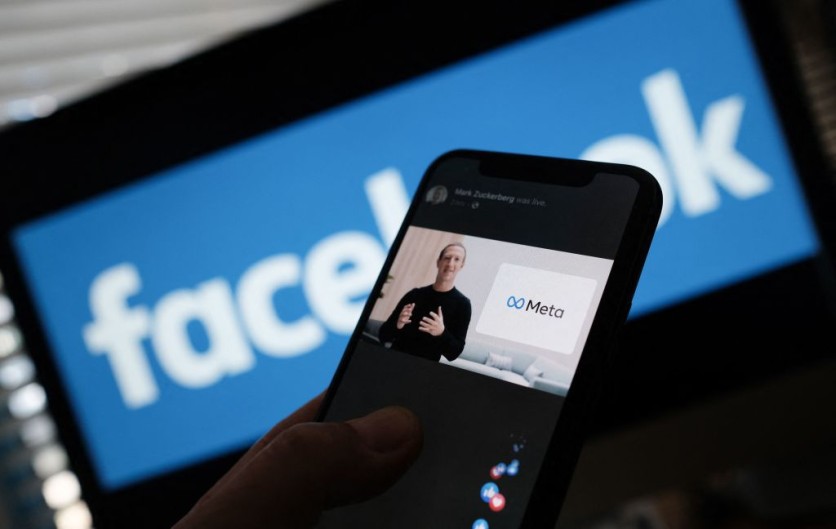
Meta will be moving their Facebook and Instagram encryption plans to 2023 - amidst campaigners for child safety airs their fear that the plan could avoid abusers being detected.
The CEO of Meta finally delayed their plants to encrypt Facebook and Instagram messages to 2023 after being warned by child safety advocates expressed their disapproval; saying it would keep abusers from detection.
End-to-end Encrypted Apps From Meta
Besides Facebook and Instagram encryption, Meta has been using end-to-end encryption in the messaging service of WhatsApp. Their initial plans include extending the encryption to both Messenger and Instagram in 2022.
Back in 2019, Meta CEO Mark Zuckerberg used encryption on Messenger voice and video calls. In a statement, the CEO said, "People expect their private communications to be secure and to only be seen by the people they've sent them to."
In addition to their Messenger encryption in 2019, the company assured that Messenger is safe for both voice and video calls.
Why Meta Delays Encrypt Messages Plan for 2022
Alongside child safety campaigners, the National Society for the Prevention of Cruelty to Children (NSPCC) expressed their concern about Meta's encryption plans.
According to NSPCC, private messaging frontlines child sexual abuse online as it blocks law enforcement from detecting messages and recognizing online child sexual abuse. This problem will be enabled by end-to-end encryption, where only the sender and recipient have the access to view message contents.
Zuckerberg's billion-dollar social media empire was pressured to abandon the said encryption plans.
In response, Meta announces that they will continue the plan, but the process will be rolled out around 2023 - moving the date from its initial 2022 schedule.
In a report by National Crime Agency (NCA), the tech industry garnered over 21 million child sexual abuse referrals on a global scale to the US National Center for Missing and Exploited Children in 2020. 20 million reports were from Facebook.
Antigone Davis, Facebook's safety chief, said that Meta can detect abuse even after implementing encryption plans using account information, non-encrypted data, and reports.
The approach is similar to WhatsApp, where users can file a report to different child safety authorities.
Davis penned Meta's new schedule for their encryption plans and the balance they are working hard to get in The Telegraph, "We're taking our time to get this right and we don't plan to finish the global rollout of end-to-end encryption by default across all our messaging services until sometime in 2023."
After the announcement, NSPCC's child safety online policy head Andy Burrows greeted Meta's approach saying, "Facebook is right not to proceed with end-to-end encryption until it has a proper plan to prevent child abuse going undetected on its platforms."
Criticism for Meta's Move to Encrypt Messages from Facebook and Instagram
While many welcomed Meta's plan, some remained opposed.
In April, in an earlier statement, British politician Priti Patel is concerned that Meta's end-to-end encryption will severely hamper law enforcement from detecting users committing criminal acts against children online.
UK's communication regulator, Ofcom, tasked with the online safety bill that will be passed into law in 2023, voiced the same concern. Melanie Dawes proposes that social media empires should completely ban adults from directly communicating with children online; otherwise, they will face criminal sanctions.
She also added, "They should only go ahead with these measures when they can demonstrate they have the technology in place that will ensure children will be at no greater risk of abuse."
Related Article : Meta To Remove Facebook Face Recognition Algorithms, Templates-What Are the Benefits to Users?
This article is owned by TechTimes
Written by: Thea Felicity
ⓒ 2025 TECHTIMES.com All rights reserved. Do not reproduce without permission.




